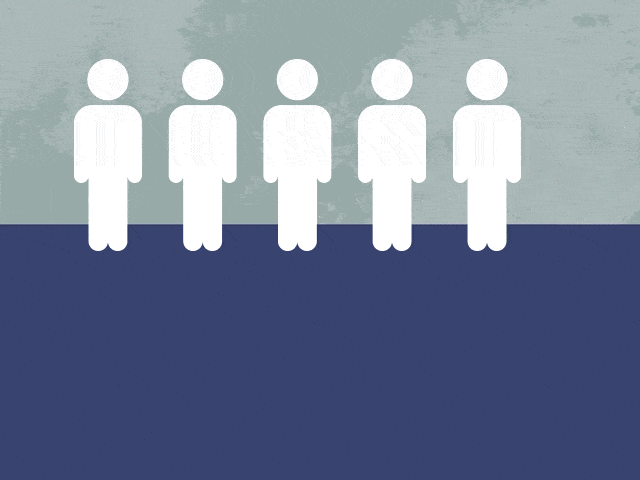- The Ripple Effect
- About
- Our Team
- Alumni Program
- Outcomes
- Symptoms at Intake
- Symptoms During Last Treatment
- Patient Satisfaction
- Suicidal Thoughts and Self-Harm
- Decoding the Events Right Before Recovery
- Assessing Patient Progress
- Treatment Goals in Recovery
- Motivation in Recovery
- Personal Struggles and Societal Trends
- Integrating Past Treatment Experiences
- Length of Stay
- What We Help
- Resources
- Contact Us
- The Ripple Effect
- About
- Our Team
- Alumni Program
- Outcomes
- Symptoms at Intake
- Symptoms During Last Treatment
- Patient Satisfaction
- Suicidal Thoughts and Self-Harm
- Decoding the Events Right Before Recovery
- Assessing Patient Progress
- Treatment Goals in Recovery
- Motivation in Recovery
- Personal Struggles and Societal Trends
- Integrating Past Treatment Experiences
- Length of Stay
- What We Help
- Resources
- Contact Us





